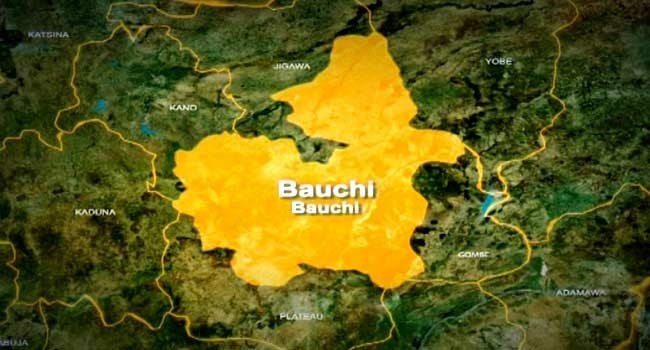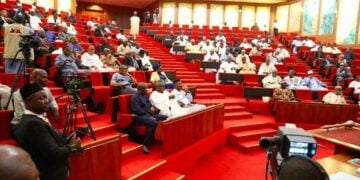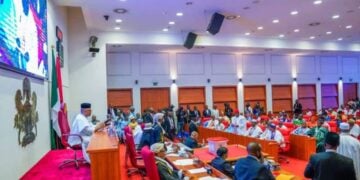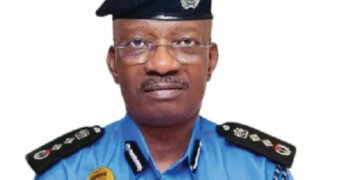The Bauchi State Youth Rehabilitation Network (BSYRN), a community-based initiative committed to transforming the lives of vulnerable young people, has rehabilitated 5,282 youths from various social vices across the state.
The chairman of the BSYRN, Mr Aminu Muhammed, made this known on the weekend during a stakeholders’ strategic engagement on youth and women rehabilitation held in Bauchi, saying that the beneficiaries, drawn from different parts of the state, had histories of involvement in drug abuse, theft, prostitution, and other immoral acts.
He said the programme was designed to provide moral and vocational rehabilitation to help the youths reintegrate into society as responsible citizens.
“We distributed rehabilitation forms through village heads to willing youths who desired a life change. After enrollment, they were taken through counselling, reorientation, and training in various trades,” Muhammed stated.
He further revealed that plans are underway to provide starter packs and business support to the rehabilitated youths upon completing their skills acquisition programmes, enabling them to become self-reliant and productive members of society.
Also, the Bauchi State Commissioner for Humanitarian Affairs, Hon. Hajara Yakubu Wanka, emphasised parents’ crucial role in shaping their children’s moral and behavioural foundation, describing it as a religious and civic duty.
“When your neighbour’s children are not well-trained, your children are also in danger. Peaceful communities can only thrive when parents, leaders, and government work hand-in-hand to ensure proper upbringing and discipline,” she noted.
She commended the Youth Rehabilitation Network for complementing the state government’s efforts in addressing social vices and restoring hope to the younger generation.
Speaking on behalf of security agencies, A.A. Saidu, an officer of the Nigeria Security and Civil Defence Corps (NSCDC), criticised the growing trend of parental negligence, noting that many parents only show concern after their children have run afoul of the law.
“The most disturbing part is that once these youths are arrested, the first people to storm our offices are their parents, pleading for their unconditional release,” he said.
Saidu called on the government to establish a permanent agency or task force to monitor community trends, identify early signs of social decay, and provide proactive solutions to recurring moral crises.
One of the rehabilitated youths, Muhammad Adamu, shared his emotional journey of transformation, revealing how unemployment pushed him into crime despite holding a Diploma since 2014.
“We want to change, but what happens after rehabilitation? We need sustainable jobs or businesses to survive,” he said, appealing to the government and philanthropists for assistance.
He publicly sought forgiveness from authorities for his past actions and pledged to contribute positively to his community. “We want to become proud and productive citizens of Bauchi State and Nigeria,” he concluded.





